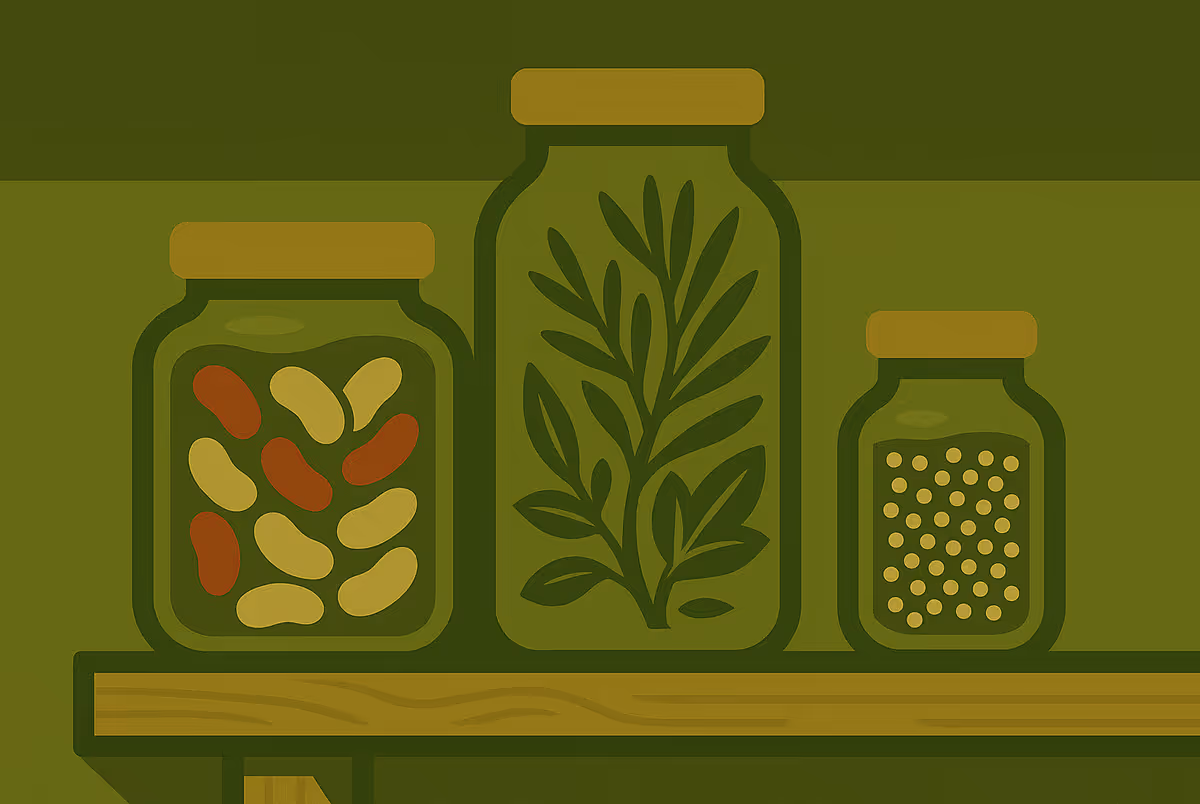The Purpose of a Serious Game
A serious game like PATHBREAK offers a structured yet open space to explore difficult questions about biodiversity and food governance through embodied decision-making and role play.
- Exploring systemic complexity: Players encounter interconnected decisions and trade-offs, helping them understand how biodiversity loss is tied to wider systems of production, consumption, power, and policy.
- Building empathy: By stepping into different roles players are encouraged to consider perspectives they may not normally engage with.
- Surfacing tensions: The game is not designed to achieve consensus, but instead allows space for disagreement, uncertainty, and conflicting values, which can create space for difficult conversations in a safe setting
- Supporting group learning: The shared experience of the game, including the debrief that follows, can build trust and prompt critical thinking.
- Prompting real-world action: Players often leave the session with new questions or ideas they want to explore.
Facilitating a Successful Workshop
PATHBREAK is an immersive and fast-paced game, and players will need focus, curiosity, and a willingness to engage with complexity. An engaging well-paced opening can make a significant difference to how players relate to the game and to one another.
If players do not already know each other, begin with an icebreaker (such as the “Who Am I?” method to build familiarity. This can help establish trust and comfort in the group, and a sense of connection early on can support more open, respectful dialogue later in the game.
Before gameplay begins, take time to introduce the purpose of the session. Explain that PATHBREAK explores the dilemmas and dynamics involved in food and biodiversity governance. Emphasise that the game is designed to open space for multiple perspectives, provoke critical thinking, and simulate real-world complexity.
Players should be reassured that there is no single ‘correct’ way to play. Each person brings something different to the experience, and negotiation, disagreement, and moments of uncertainty are part of the learning process. Invite players to stay open and engaged, even when decisions feel difficult or unclear.
Some additional tips for a successful session:
- Think about different learning styles, some will want to read the rules, others need to hear them out loud or try things out first. Use a mix of formats to support listening, watching, reading, and doing learning styles
- Keep an eye on time, the session already asks a lot from players, and it is important not to overrun or leave people feeling drained.
- Frame the game as exploratory, where the goal is not to win, but to reflect, experiment, and learn
- Check for understanding before moving forward with each new phase or rule.
- Observe who is participating actively and look for ways to bring quieter players in
- Keep energy up with short breaks, especially in longer or more intense sessions.
- Invite players to relate the game to their own experiences, roles, or communities
- Link back to real-world systems, using the game as a jumping-off point for deeper discussion
- Co-facilitate where possible, especially with large or diverse groups.
- Don’t rush the final reflection, players might be tiered after the game play, but this is a critical moment for allowing learning to surface
- End with a prompt for action or further thought, helping players carry insights beyond the session





















